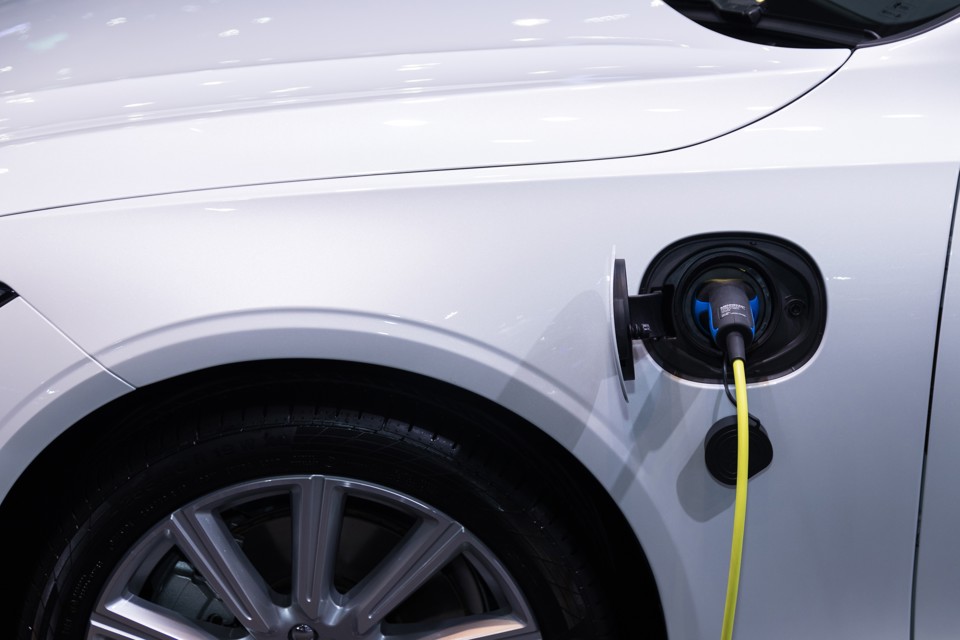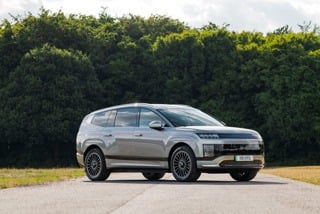Almost a quarter of Brits (23%) see themselves driving an electric vehicle (EV) by 2026, according to research by Volkswagen Financial Services UK (VWFS).
The research, compiled from the survey responses of 2,005 car buyers, also revealed a generational divide, with 32% of people under the age of 45 more likely to be driving EVs within five years, compared to 18% of people over the age of 45.
Those aged 25 and 34 are most likely to be driving an EV by 2026 (35%), with 34% of people aged between 18 and 24 the second most likely age group.
The VWFS research also revealed that male drivers are more likely than females to invest in an EV within five years, with 28% of men responding that they were likely to do so, compared to 19% of women.
Regionally, 28% of people living in the South East said they are most likely to be driving an EV within five years, followed by 24% of people in the Midlands, with the lowest percentage in the North of England, with 18%.
The research also found that 35% of people who plan to replace their vehicle in the next 12 months see themselves driving an EV by 2026, compared to 29% of people who plan to replace their car or van in over a year’s time.
VWFS chief executive, Mike Todd, predicts that - aside from the impact of Brexit - three other key areas will continue to influence the automotive sector’s response post COVID-19.
Environmental and financial benefits
The VWFS data insights team found the main motivation for people wanting to drive an EV is the environmental benefits, with more than a third of respondents (34%) stating this as the motivation.
The second most influential factor was cheaper fuel (28%), followed by tax incentives (12%), higher resale value (3%) and EVs being fashionable (3%). Over 40% of respondents chose a financial factor as their main motivator.
Respondents aged under 45 were most likely to choose environment benefits as their biggest motivator, with 43% of this age group selecting this option.
Charging infrastructure at home favoured
VWFS research also revealed that one-in-five (20%) people plan to invest in an electric car charging point at home within the next five years.
However, homeowners younger than 45 are more than twice as likely to invest in such a feature (30%) than homeowners aged over 45 (13%).
People living in the South East were found to be most likely to invest in a home car charging point by 2026, with 25% of respondents in the region reporting that they’re likely to buy one.
Volkswagen Group said it delivered 231,624 fully EVs to customers globally in 2020 – more than three times as many as in 2019.
Todd said: “It’s fascinating to see that one in five people are likely to invest in a car charging point at home in the next five years, which signals a clear direction of travel towards more widespread adoption of electric vehicles.”
VWFS launched its Lease&Care package last year, that lowers the cost of its EVS to consumers and engages retailers.
The car maker claims that the product makes medium to high-end priced electric cars available to the masses.
It also launched a new car leasing platform in 2020, VWFS Drive, to help speed up the new car finance process.






















Login to comment
Comments
No comments have been made yet.